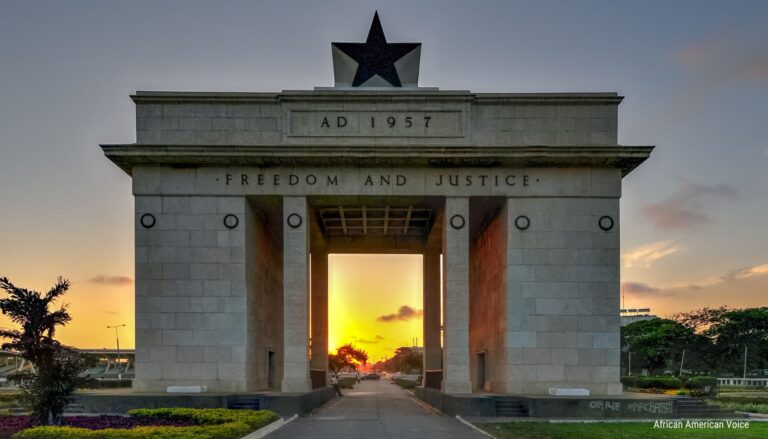South African President Cyril Ramaphosa has appointed former Deputy Finance Minister Mcebisi Jonas as a special envoy to the United States, aiming to repair a diplomatic relationship ruptured under Donald Trump’s administration.
The appointment follows the abrupt expulsion of South African Ambassador Ebrahim Rasool, a veteran anti-apartheid activist who was declared “persona non grata” by Secretary of State Marco Rubio. Rasool had offered measured remarks during a webinar on the Trump administration’s hostility toward diversity programs, which right-wing media falsely portrayed as race-baiting.
Relations between America and South Africa have worsened since Trump returned to office. Earlier this year, Trump signed an executive order cutting U.S. aid to South Africa, accusing the Black-led government of mistreating its white minority and criticizing its foreign policy. In a social media post, Trump warned that the United States should not participate in the Group of 20 summit scheduled for November in Johannesburg, writing, “Is this where we want to be for the G20? I don’t think so!”
Trump repeated a false claim that South Africa was allowing the seizure of white-owned farms and the killing of white farmers, mirroring discredited apartheid-era propaganda. In reality, the South African government’s land reform initiatives seek to correct generations of theft under colonial and apartheid rule, not to carry out retribution against white farmers.
Rasool, who once endured imprisonment for fighting apartheid, called out the political motivations behind Trump’s rhetoric.
“The supremacist assault on incumbency, we see it in the domestic politics of the U.S.A., the MAGA movement, the Make America Great Again movement, as a response not simply to a supremacist instinct, but to very clear data that shows great demographic shifts in the U.S.A.,” Rasool said before his expulsion.
Adding to the tensions, tech billionaire Elon Musk, who spent his childhood in apartheid South Africa, amplified similar false claims. Musk accused the South African government of blocking his Starlink company from operating because he is not Black, a baseless charge that played into far-right narratives. Musk’s comments misrepresent South Africa’s governance and mirror Trump’s strategy of stoking racial division globally.
While Trump and Musk rally around the fictional plight of white South Africans, they have remained silent on the real and well-documented history of Black land dispossession in the United States. Over the past century, Black Americans have lost more than 90 percent of their farmland — approximately 16 million acres — due to discriminatory government policies, racist violence, and systemic financial exclusion.
Historical examples, such as the 1944 killing of Reverend Isaac Simmons in Mississippi and the 1949 murder of Black farmer Luke McElroy in Alabama, reveal a pattern of brutal land theft. A report from the American Bar Association estimates that the economic loss from Black land dispossession totals about $326 billion, an amount that would rank among the world’s largest national economies.
Despite this vast and verified injustice, Trump and Musk have chosen to elevate a debunked narrative about white victimhood in South Africa, ignoring the ongoing struggle for Black land rights at home.
Attorney and journalist Seth Abramson recently dismantled Musk’s public image, noting how Musk’s success depended heavily on interventions by the Obama administration, particularly after early failures with SpaceX, and that he has “zero personal intellectual achievements.”
“As an Elon Musk biographer, I would peg his IQ as between 100 and 110,” Abramson said. “There’s zero evidence in his biography of anything higher.”
Source: Published without changes from Washington Informer Newspaper








